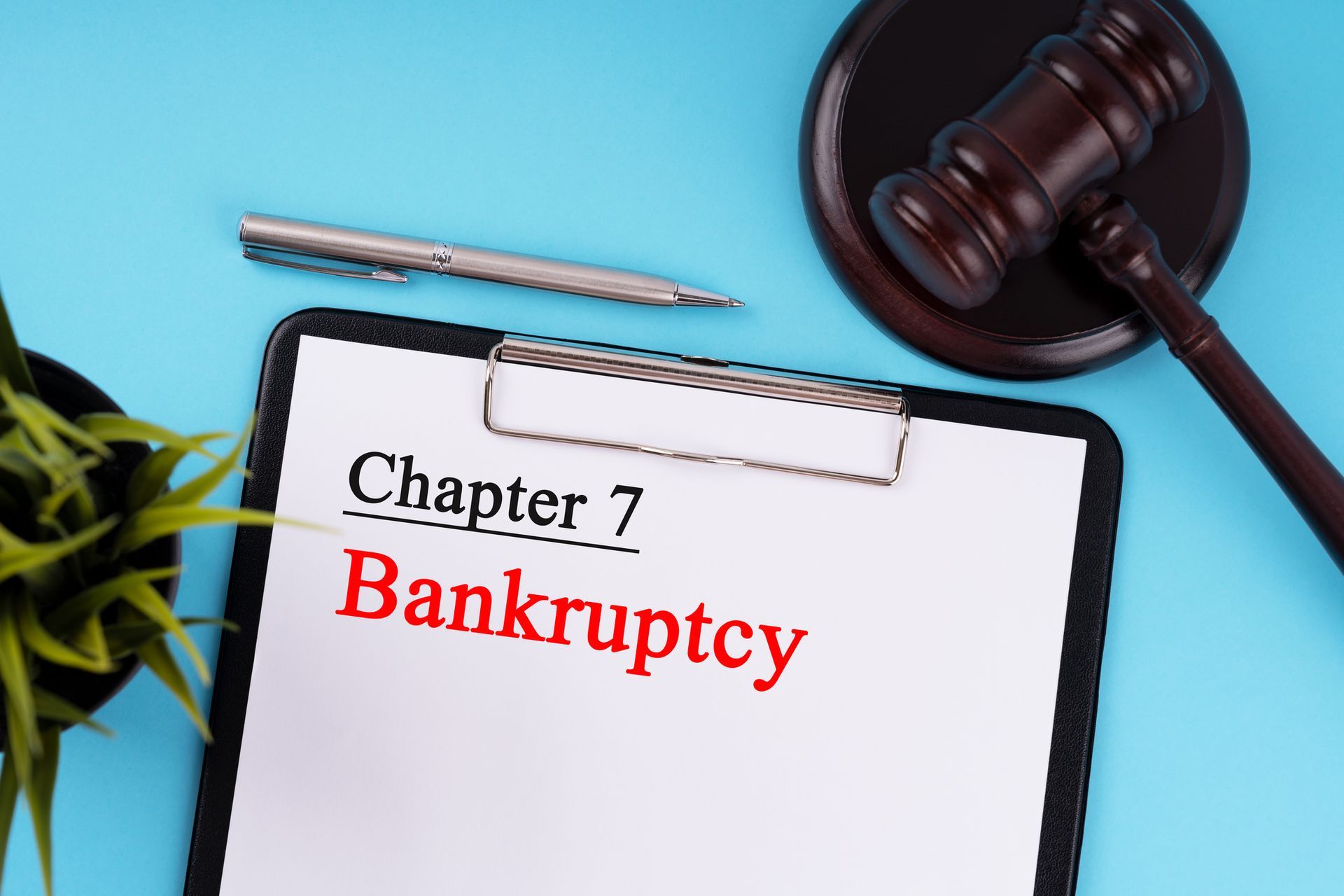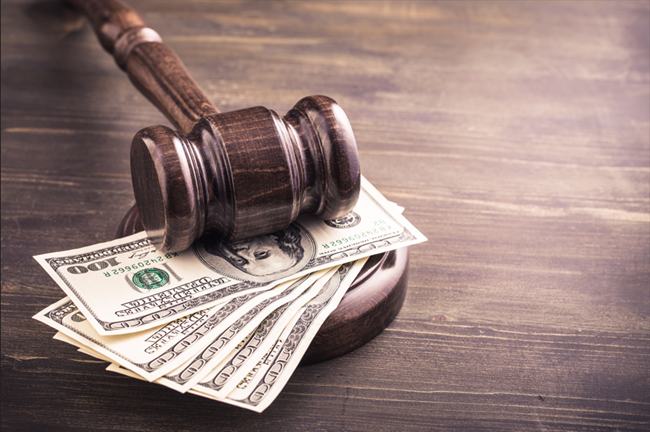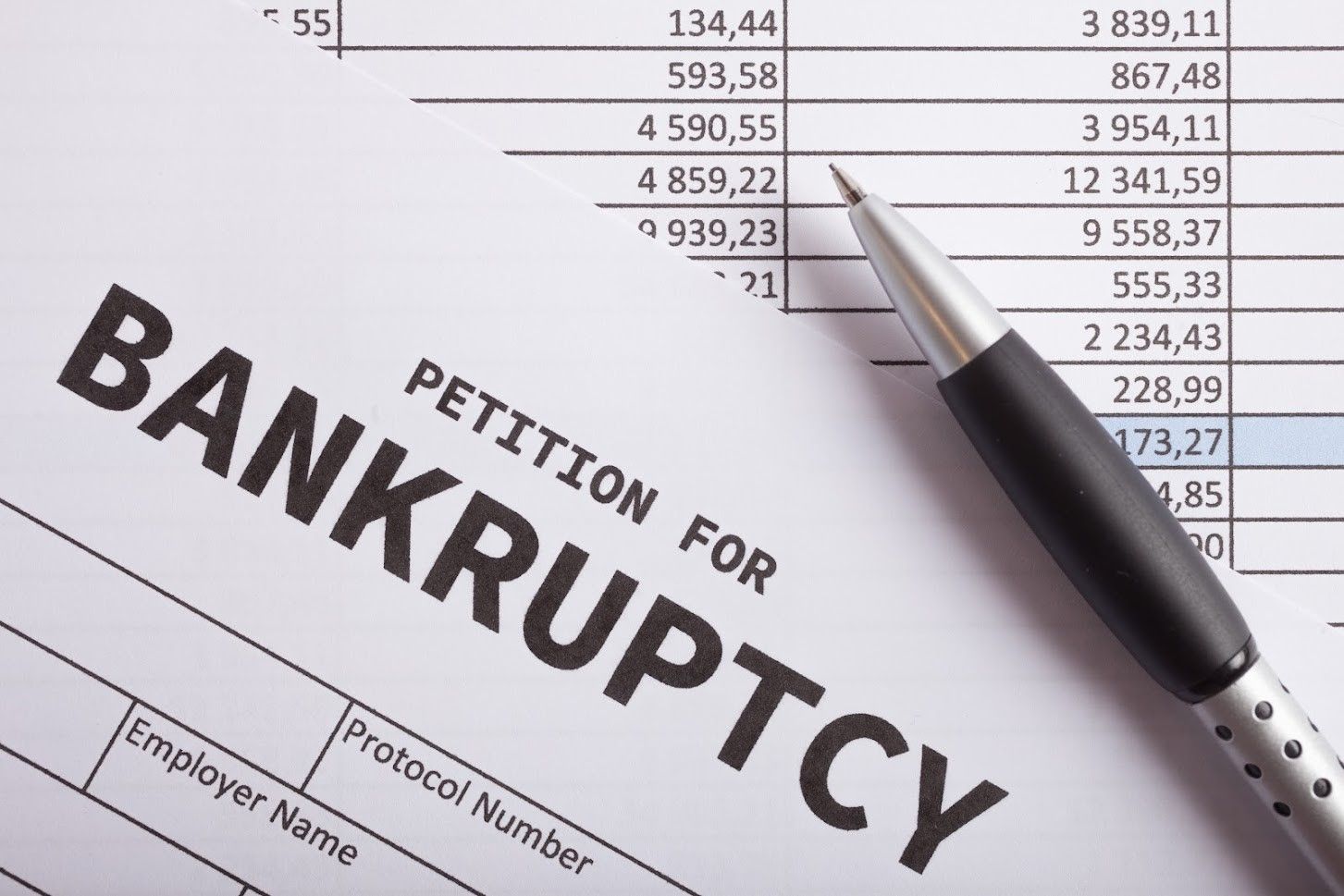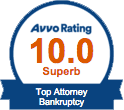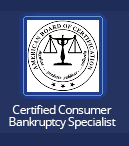4 Mistakes to Avoid When Filing for Bankruptcy

If you intend to file bankruptcy for the first time, there is a high chance that you are in the dark about the procedure and what to anticipate. This article will highlight the 4 most common and perilous pitfalls you should avoid when filing a bankruptcy petition. You'll also gather some tips to protect you from disastrous financial and emotional consequences.
1. Repaying Close Friends or Family Before You File
If you owe money to your friends or loved ones, you may be tempted to repay them before you kick off the filing process. This may seem to be a great idea, but don't do it. Section 547 of the bankruptcy code prohibits debtors from paying some creditors (whether they are friends or family) more than other creditors within three months before they file.
2. Navigating the Process Alone
Insolvency laws are complex, and you might need the help of an attorney who's familiar with insolvency laws, options, and requirements to help you through the process. Your bankruptcy lawyer can help to safeguard what you value from your creditors. The lawyer can also create a strategy to convince the jury to accept your petition.
3. Choosing the Wrong Bankruptcy Option
When you choose a bankruptcy option, make sure you select the one that will offer the best possible outcome. The bankruptcy chapters include:
Chapter 7
Individuals or businesses are allowed to fill this chapter. Under this chapter, you'll have to sell your valuable property or other assets to clear off secured debts. Whatever debt is left over after you give up your cash and assets will be wiped out.
If you file under this chapter and have no property or money that trustees can use to pay your creditors, your case will be classified as a no-asset case. In this case, you'll not be required to settle your debts (whether they are secured or not).
Chapter 13 (The Wage Earner's Insolvency Plan)
This repayment plan is designed for individuals or sole proprietorship. Under this option, you'll not be required to dispose of your assets or give up any cash. Instead, you'll be allowed to come up with a settlement plan that guarantees that you'll pay all or part of your debts going forward. The amount you pay will depend on the terms of your debt, your income, and the assets you own.
Chapter 11
This settlement plan is reserved for businesses or corporations. It allows companies to retain their properties and other assets, but they have to come up with a plan to outline how they'll repay their creditors.
Chapter 12
This debt settlement plan is for farmers and fishers. The chapter allows a farmer or fisherman to repay their creditors over an extended period, without having to sell or give up their assets.
Chapter 9
This bankruptcy option allows municipals to make comprehensive plans and pay off their municipal debts.
Chapter 15
This chapter spreads foreign debts over a longer time, making the repayments a lot more convenient and affordable.
Remember: Each bankruptcy option has its unique exemptions and loopholes that you can take advantage of. A seasoned insolvency lawyer can help you identify these loopholes and exemptions.
4. Transferring Money, Assets, or Benefits out of Your Name
Intentionally transferring money, properties, or benefits out of your name as you declare bankruptcy is a form of fraud and may be considered perjury. If you want to protect a few assets, your attorney can help you explore various legal options to safeguard the valuable assets from your creditors.
There are more mistakes that people may make when they file a bankruptcy petition, but the few mistakes listed above are the most common. Avoid them; they can ruin your petition. If you have to file for bankruptcy, the seasoned bankruptcy specialists at Charles J. Schneider, PC, can help you protect your assets from creditors. Contact us now for more information.


